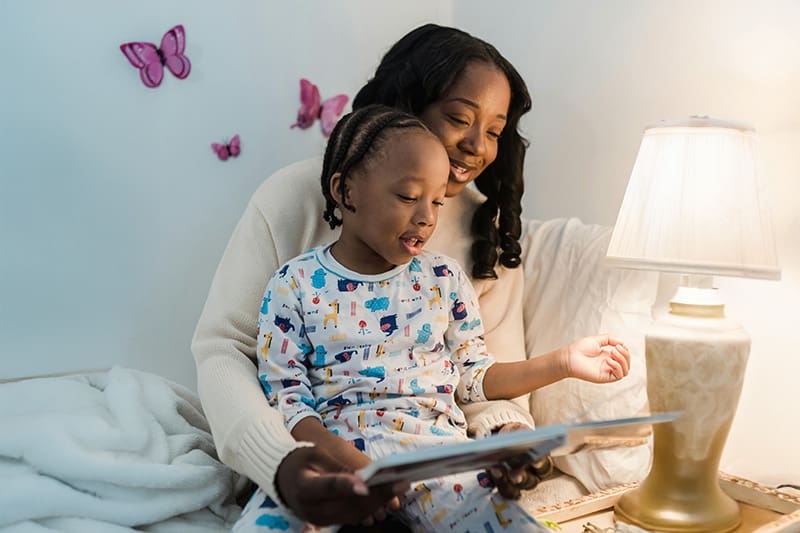Applied Behavior Analysis (ABA) therapy is a widely recognized approach for supporting children with Autism Spectrum Disorder (ASD). Among the various strategies employed in ABA therapy, social stories hold a unique place. These simple, engaging tools can significantly aid in teaching social norms, routines, and appropriate behaviors, making them particularly beneficial in pediatric ABA therapy settings. This article explores how social stories are utilized, their benefits, and how they can be effectively integrated into therapy sessions.
What Are Social Stories?
Social stories are short descriptions of a particular situation, event, or activity, which include specific information about what to expect in that situation and why. Developed in the early 1990s by Carol Gray, social stories were designed to help individuals with autism understand and behave appropriately in social contexts. They are written from a child’s perspective and are usually tailored to meet the individual’s personal experiences and needs.
Benefits of Social Stories in Pediatric ABA Therapy
- Enhanced Understanding of Social Cues: Social stories can help children with ASD decode complex social cues, providing a clearer understanding of social norms and expectations. By simplifying abstract concepts, these stories make it easier for children to grasp the nuances of social interactions.
- Improved Behavior in Social Situations: Regular exposure to social stories can improve a child’s behavior in social contexts. For example, a story explaining the steps involved in sharing toys can help a child navigate similar situations at school or in playgroups.
- Reduced Anxiety and Stress: Children with ASD often experience anxiety in unfamiliar situations. Social stories can prepare them for upcoming events or transitions, thereby reducing anxiety and making new experiences more manageable.
- Enhanced Communication Skills: By repeatedly exposing a child to various social scenarios through stories, they can learn the appropriate verbal and non-verbal responses expected in those situations, aiding in their communication development.
Creating Effective Social Stories for ABA Therapy
To maximize the effectiveness of social stories in ABA therapy, it’s crucial to tailor them to the child’s specific needs and comprehension level. Here are some steps to consider:
- Personalize the Content: Make the story relevant to the child’s life. Include familiar settings, characters, and scenarios that the child encounters regularly.
- Use Simple Language and Visuals: Keep the language clear and concise. Adding pictures or icons can help the child better understand and remember the story’s message.
- Focus on the Positive: Emphasize positive behavior and outcomes in the stories. This not only teaches what is appropriate but also what the child can expect when they follow the guidelines.
- Involve the Child: Whenever possible, involve the child in the creation of the social story. This can make the story more engaging and relatable to them.
- Review and Revise: As the child’s understanding and behaviors evolve, so should the social stories. Regular reviews and updates will keep the stories effective and relevant.
Social stories are a powerful tool in pediatric ABA therapy, offering a practical and effective way to teach social skills and behaviors to children with ASD. By incorporating tailored, well-crafted social stories into therapy, practitioners can enhance learning and development in a way that resonates with their young clients.










